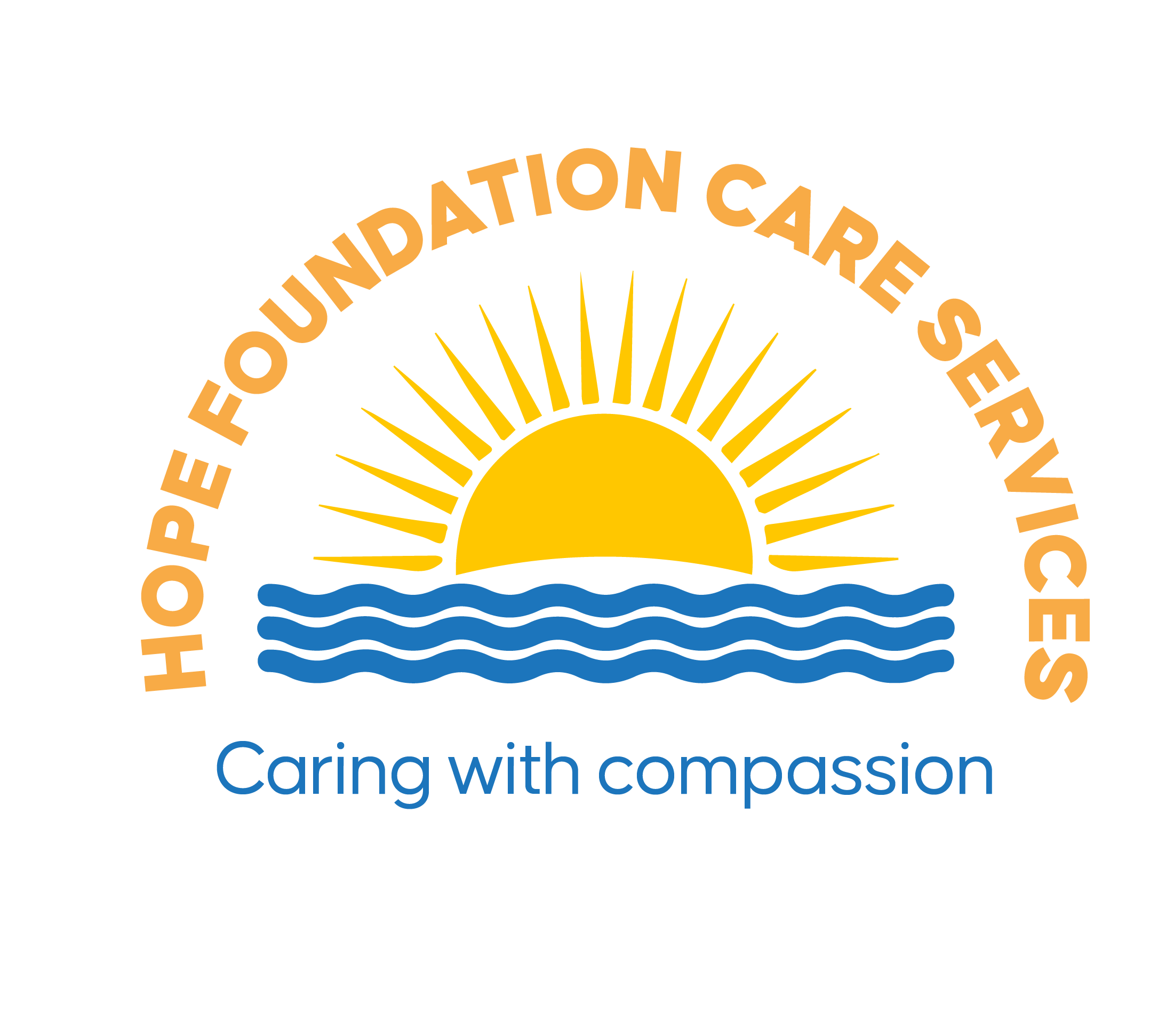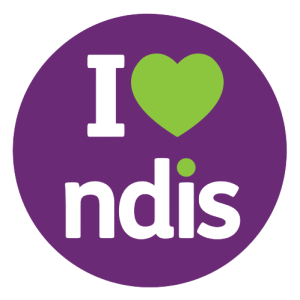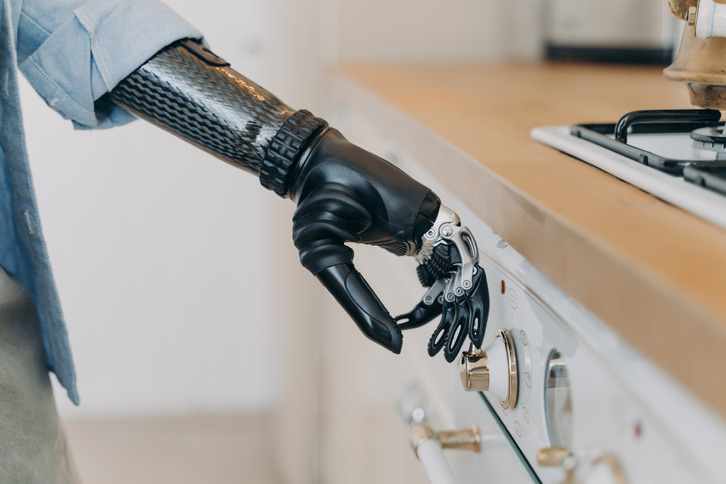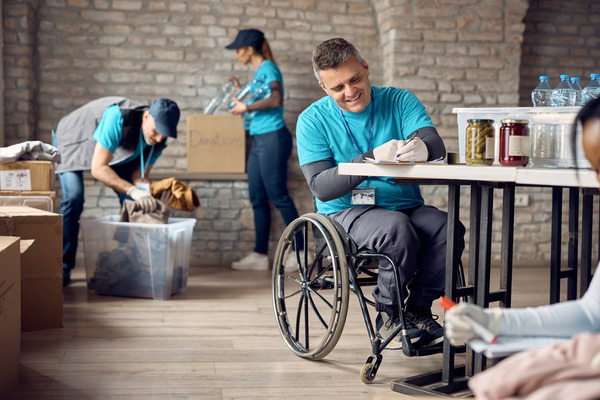Services
- Home
- Services
Experience the finest options of senior care living with us.
We endeavour to achieve positive client outcomes through providing holistic, safe and client/family orientated activities relevant to people with disabilities.
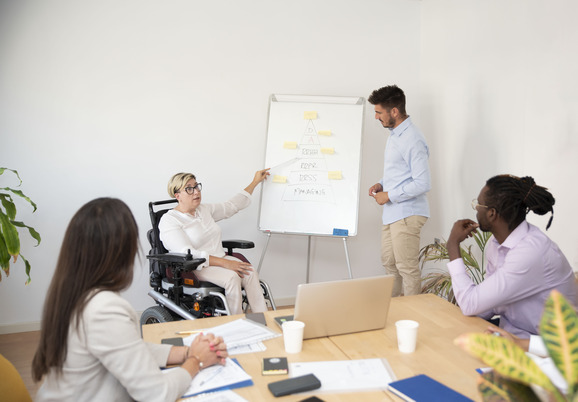
Care Settings:
-own home
-Shared home arrangements
-independent living units
-Residential care facilities(arrangements on an individual basis, for additional external social and emotional support or supported community access.
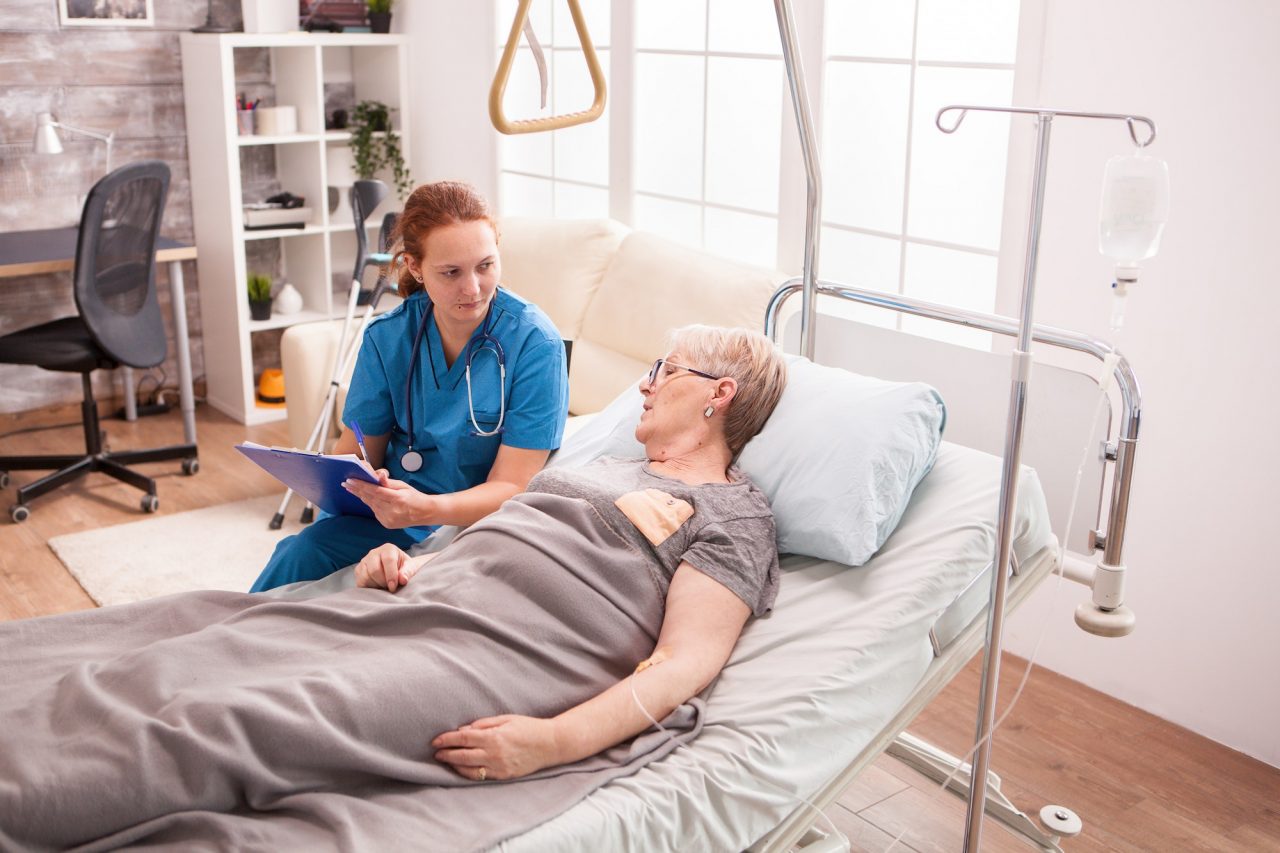
Home based complex nursing care
Tracheostomy care, PEG feeds

Wound management, catheter care, diabetes management, stoma care, assistance with personal care.
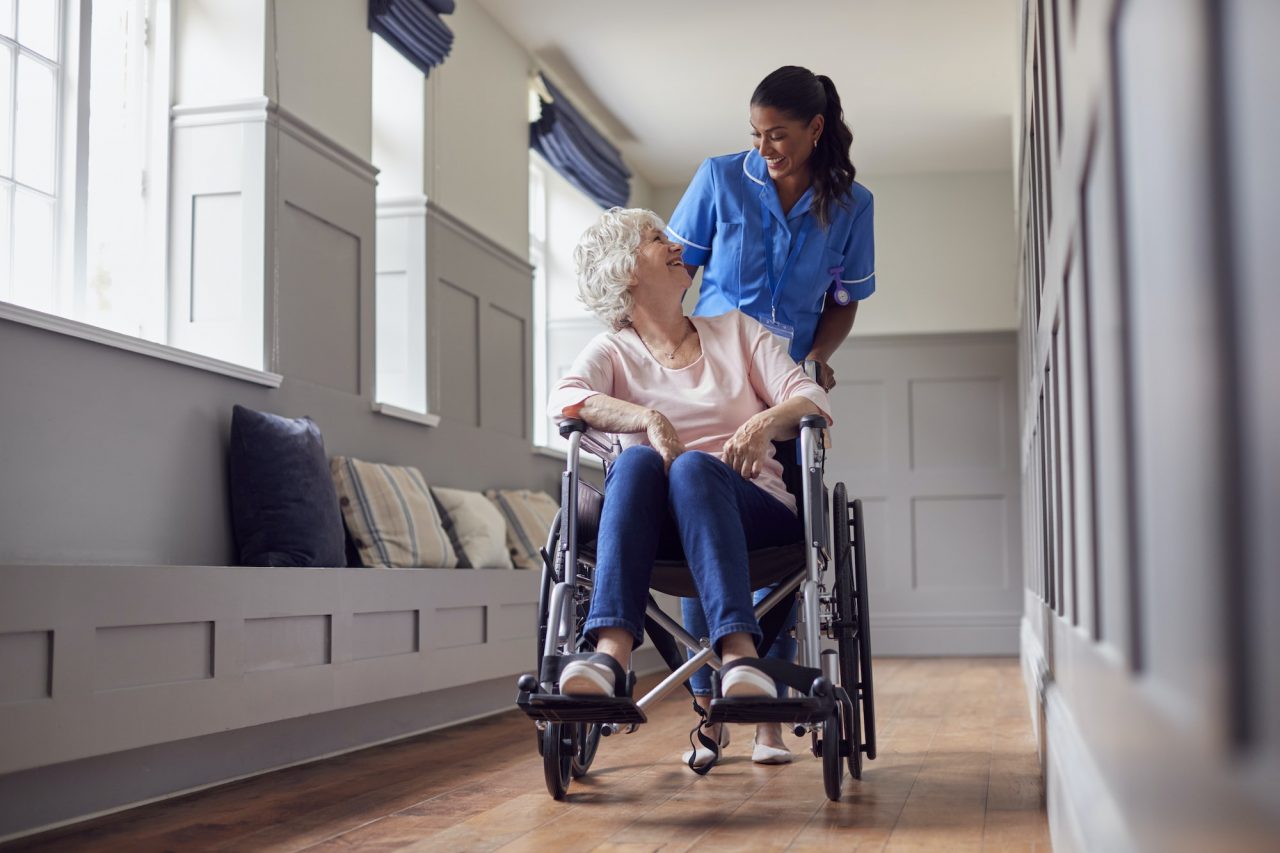
Our friendly staff can assist you to acquire your independence by teaching you new skills or re-orientate you in acquiring a driving licence or using a bus card.
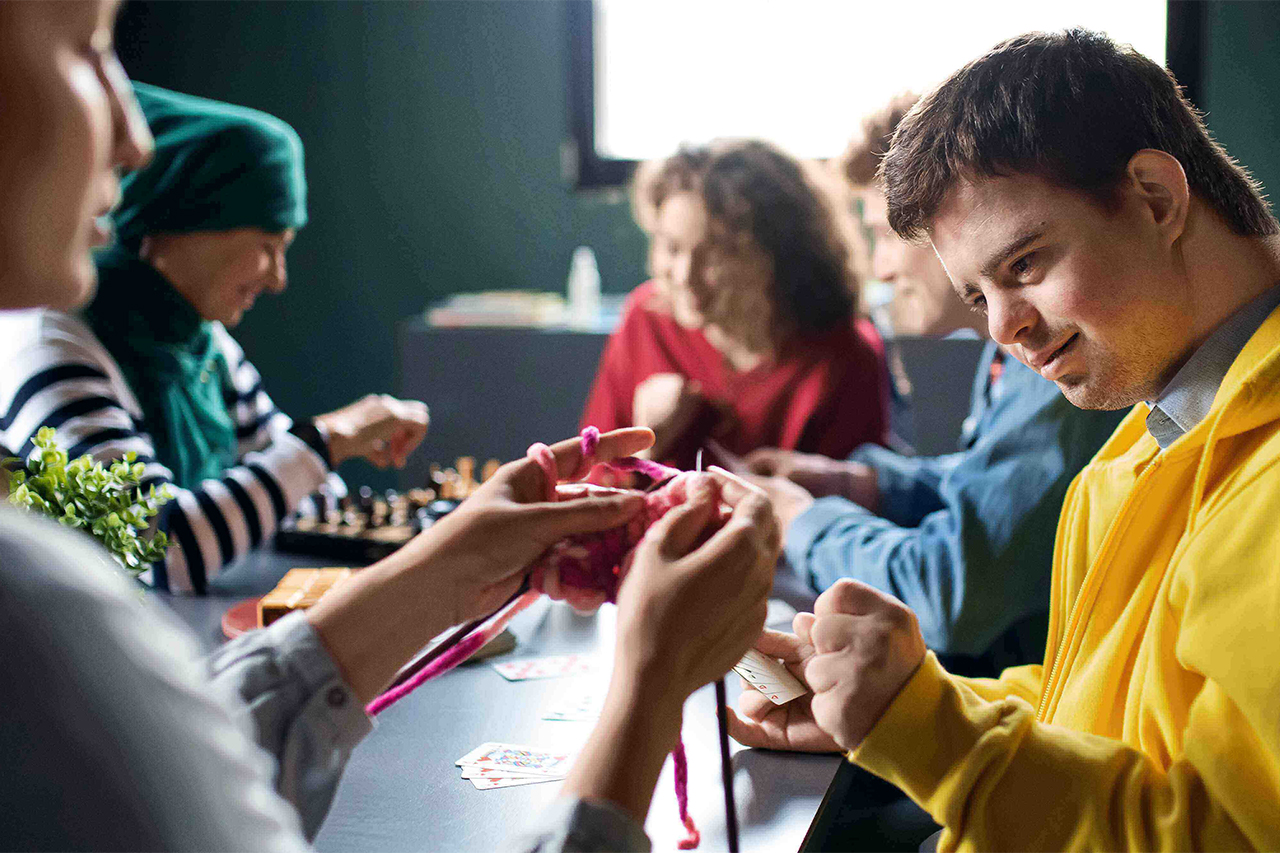
Art and craft activities, joining sport clubs and gym membership.
Explore Our Featured Services
Our focus is on the individual care of the individual, so programs are designed with their interests, needs and care.
Accommodation
- Short term(respite).
-In home support.
-Long term supported independent living.
Hope Foundation care Services offers 24/7 independent living accommodation suitable for your needs.
Companion Care
Respite Care
Experience the finest options of senior care living with us.
We endeavour to achieve positive client outcomes through providing holistic, safe and client/family orientated activities relevant to people with disabilities.
Why They Choose Us
We spread care to enhance quality of life.
We are rated as one of the best services providers in ACT and surrounding areas in NSW.
We ensure that all our staff are registered with AHPRA, have the qualifications, current skills and experience. We conduct references of our employees through meticulous assessment before engagement.
Our care team will make a difference to our clients and their families as we endeavour to deliver exceptional care through our qualified staff.
Your queries/questions will be responded to in timely manner.
GROOMING
• Having a simple but consistent skincare routine (bathing/showering daily).
• Hair care (brush your hair.
• Apply makeup according to the occasion
• Dressing up for special occasions (job interviews or party)
• Smell good use of roll on and perfumes.
• Make sure to have a good oral hygiene to prevent bad breath.
• Remove the ‘unwanted’ hair.
• Trim your nails and keep them clean.
• How one speaks around other people.
• Foot care
Daily tasks shared living
• It includes assistance with tasks such as cooking, cleaning, shopping, and
maintaining a household.
• Meal planning and cooking food you love.
• Learning new recipe.
• Doing your own shopping list.
daily personal activities high intensity
High intensity daily personal activities is the term used by the NDIS to describe the more complex supports some people need to manage their daily lives.
These include supporting people in their own homes or in community health settings who have diabetes. epilepsy and high-risk seizures. As per NDIS Practice Standards below:
NDIS Practice Standards: High intensity support skills descriptors Guidance for NDIS providers and auditors November 2022 Version 3
- Complex Bowel Care: This skills descriptor applies when supporting a participant who is at risk of severe constipation or faecal incontinence and requires a support plan to manage this risk.
- Enteral Feeding Support: This skills descriptor applies when supporting a participant who depends on
enteral feeding tubes (also called Home Enteral Nutrition (HEN) and includes Nasogastric tube feeding (NGT), Gastrostomy feeding, including percutaneous endoscopic gastrostomy (PEG) or jejunostomy. - Dysphagia Support: This skills descriptor applies when supporting a participant assessed as having swallowing, biting, or chewing difficulties that can present a risk for health outcomes including choking, aspiration, malnutrition and/or dehydration.
- Ventilator Support: This skills descriptor applies when supporting a participant who uses a ventilator.
Participants may require support to use ventilation and accessory equipment such as; Bilevel Positive Airway Pressure (BiPAP), and Continuous Positive Airway Pressure (CPAP) machines, humidifiers,
airway clearance devices, suctioning, manual ventilation devices, and oxygen. - Tracheostomy Support: This skills descriptor applies when supporting a participant who requires support to use both fenestrated or non-fenestrated tracheostomy and related equipment and appliances, such as stoma appliances, heat moisture exchange machines, humidifiers, nebuliser devices, suctioning bags, and dressings.
- Urinary Catheter Support (In-dwelling Urinary Catheter, In-out Catheter, Suprapubic Catheter): This skills descriptor applies when providing high intensity support to a participant with a catheter. This may include insertion and removal of an intermittent catheter with oversight by a health practitioner. Insertion of in-dwelling and suprapubic catheters should be done by a health practitioner.
- Subcutaneous Injections: This applies when supporting a participant who requires subcutaneous injections and may apply when administering a range of medications. The skills descriptor contains additional guidance on skills and knowledge for workers supporting participants to manage their diabetes.
- Complex Wound Care Support: This skills descriptor applies when supporting a participant at high risk of pressure injuries and includes both prevention and management of wounds and pressure injuries when they arise. It includes skills and knowledge to support participants to use equipment such as lymphoedema machines and assistive circulatory devices.
- Epilepsy and Seizure Support: This skills descriptor applies when supporting a participant who is at high risk of seizures. It also covers skills and knowledge to support participants to use seizure monitors and wearable technology, such as smartwatches, sleep activity monitors and/or above mattress sensors.
Daily Living Life skills
On your daily living skills we enable you to try new things at home and in the
community.
Your tasks, activities, and skills we will partner on together include:
• Joining community clubs (gym and tennis club, swimming).
• Personal care (make -up, manicure and pedicure, hair care).
• Learning employable skills.
• Looking after your health and fitness.
• Shopping groceries.
• Household chores (organising/tidying)
• Finance (Paying bills and budgeting)
All our supports will be tailored to you and together we will help you gain your
independence while achieving your goals.
Community Nursing
We provide inclusive care, education, and support to keep you as well and
independent as possible in your community.
Our nursing services include:
- Wound Care
- Continence Services
- Primary Palliative Care
- Post-surgical Care
- Medication Management.
Assist Travel Transport
To enable you to travel from work, appointments, or homes on your own without any challenges even if you have a disability.
The NDIS transport services enable a person with a disability to travel independently using available transport mediums.
We teach our clients on how to use the available public transport, purchasing tickets and recharging cards.
Orient clients on bus/train routes and timetables available in your area. And this will enable you to independently find your way back home.
Group Centre Based Activities
• Develop natural friendships, peer networking and connections.
• Have a greater knowledge of your own community and the opportunities that
are offered that interests you.
• Have a sense of belonging to your community.
• Vocational training and learning how to apply for a job.
• Independent living
Household Tasks
Assistance with household tasks can include:
• House cleaning and similar tasks.
• Meal planning, preparation, and cooking and delivered meals.
• Be re-orientated supported to caring for your dependents.
• Be involved banking and shopping.
• Do minor home and yard maintenance.
• Group training/courses in domestic tasks.
Participate in Community
Community participation is about doing things you love as part of everyday life as well as meeting new people. Getting involved in activities you do for fun, and this can enhance your health, your confidence and social wellbeing.
• what you love and enjoy doing.
• what you may need to be assisted with to participate socially and within your
community.
• What are the benefits of building peer connections, social and communication
skills.
• Get to know and understand what the community expects.
• Join community clubs you love.
• Be a volunteer in your community.
